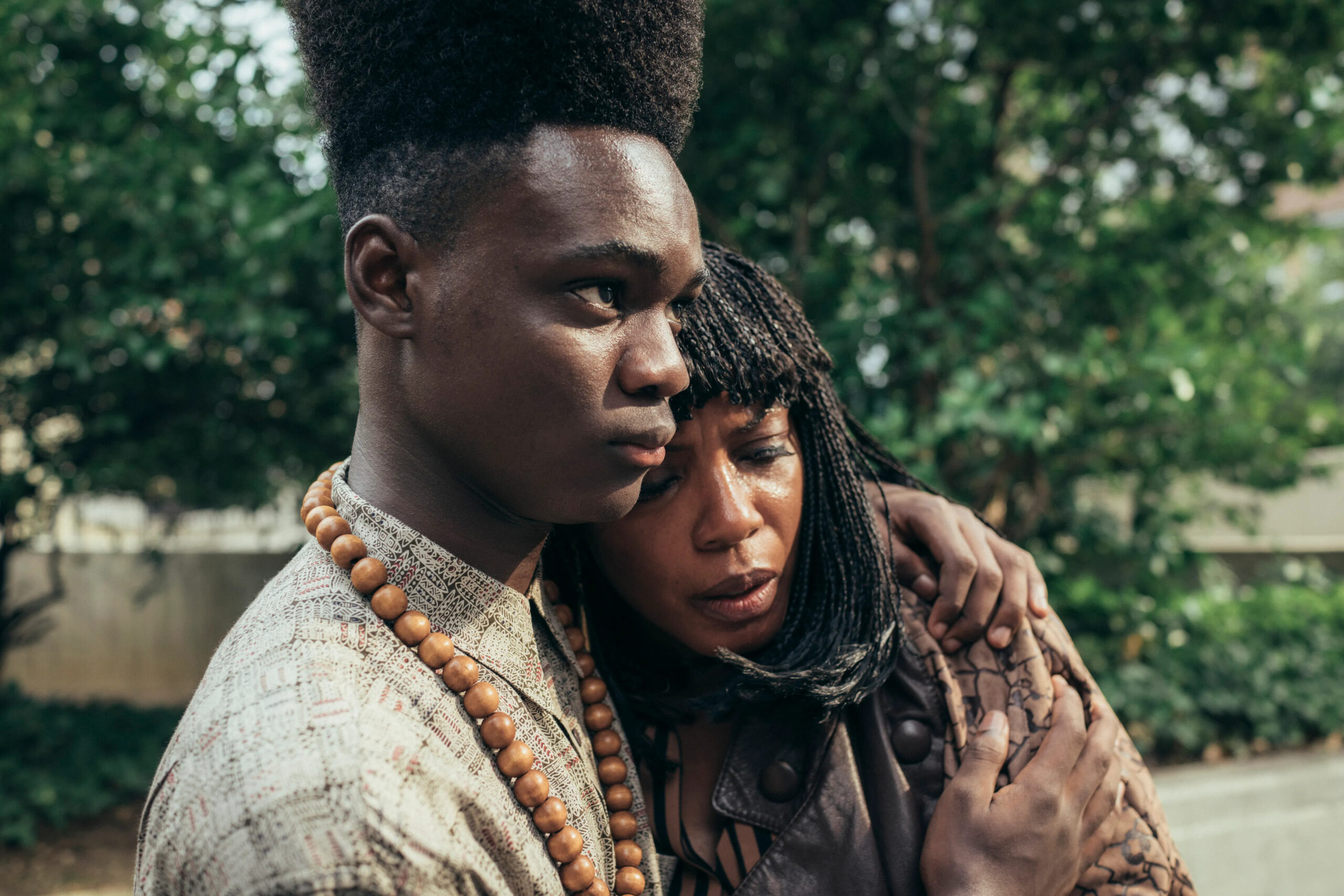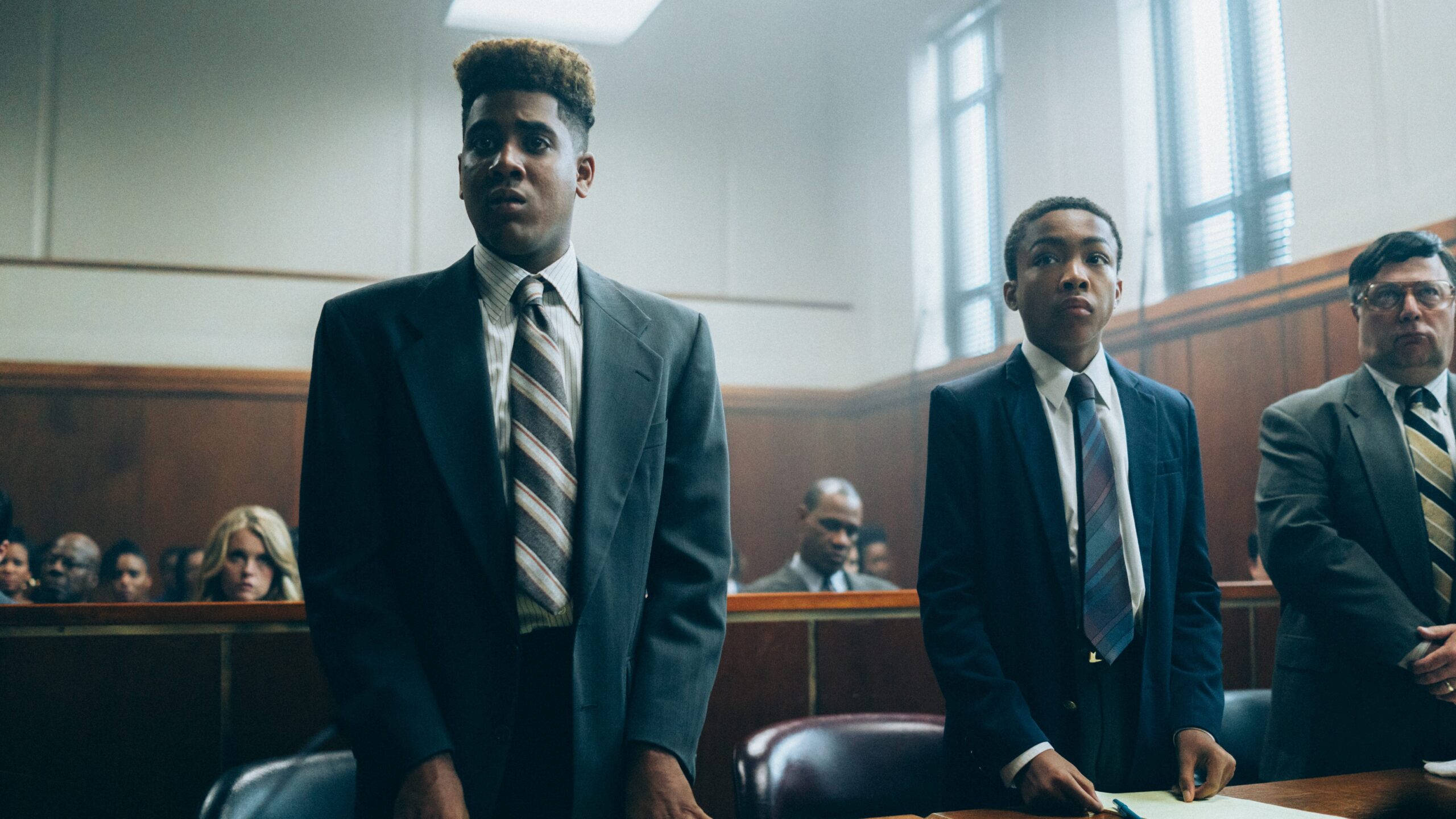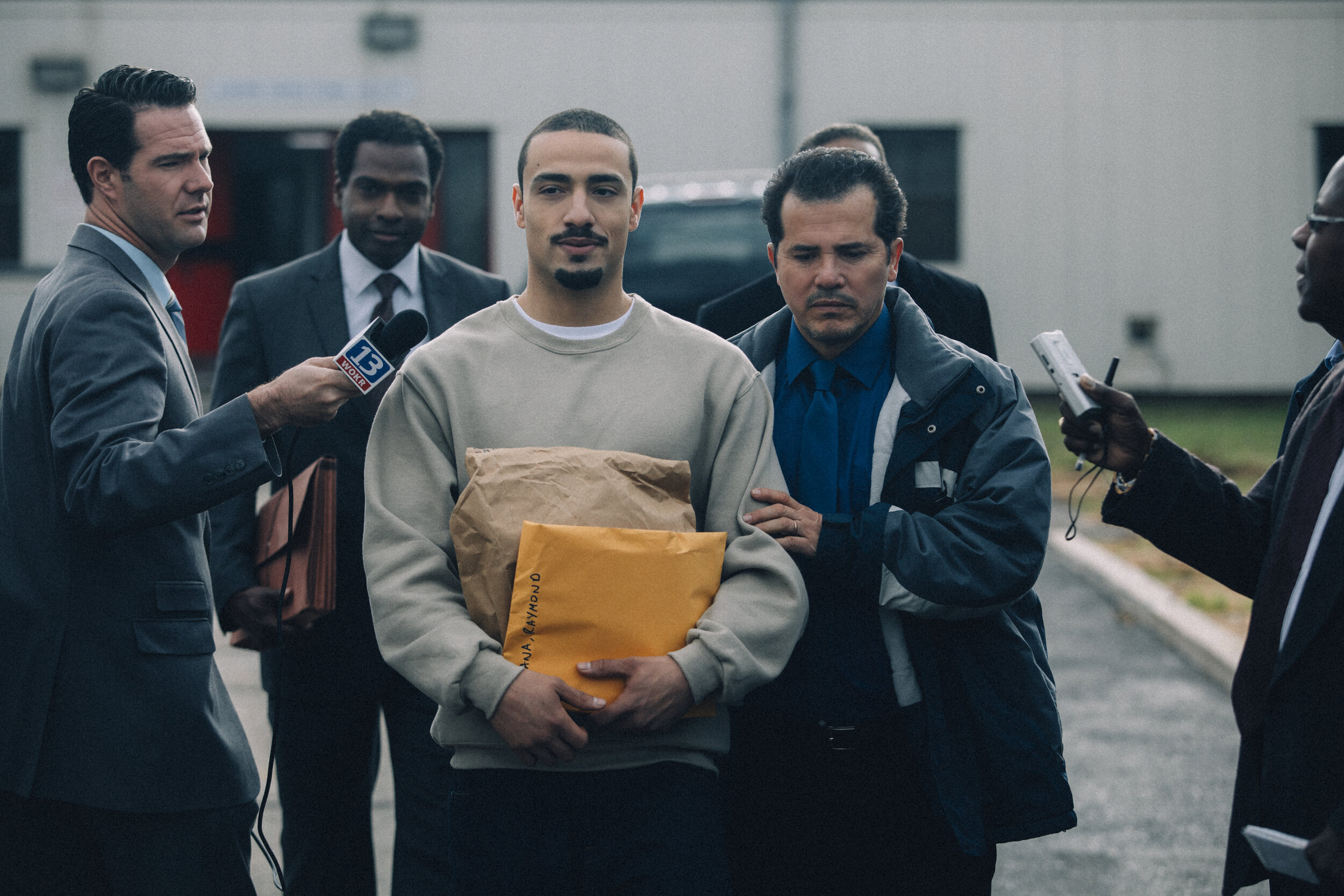Key themes
Criminalization and Justice
- The current criminal justice system isn’t broken; it’s working exactly as intended.
- Justice is hard-fought, and sometimes within reach, but not without cost.
- How do we right the wrongs — changing the system one action at a time.
Learning Objectives
+ Key Points
Participants will explore the basics of advocacy and identify issues they may want to speak up about.
Advocates are people who see societal challenges and then drive change that positively impacts families, communities and the world. Advocacy work ranges from education, human rights, civil rights, criminal justice reform, prison reform, children’s rights, women’s rights, equality, voting rights and climate change.
Key themes
Criminalization and Justice
- The current criminal justice system isn’t broken; it’s working exactly as intended.
- Justice is hard-fought, and sometimes within reach, but not without cost.
- How do we right the wrongs — changing the system one action at a time.
Learning Objectives + Key Points
Participants will explore the basics of advocacy and identify issues they may want to speak up about.
Advocates are people who see societal challenges and then drive change that positively impacts families, communities and the world. Advocacy work ranges from education, human rights, civil rights, criminal justice reform, prison reform, children’s rights, women’s rights, equality, voting rights and climate change.

EPISODE IV
Recap
Part Four of WHEN THEY SEE US chronicles the hardships inherent in the prison, parole and reentry systems. Suffering brutal attacks in the adult prison system, Korey learns to ask for solitary confinement rather than the infirmary where he spends much of his prison sentence, passing in and out of reality. Korey’s mother is distraught, knowing a lack of resources prevents her from providing the help he needs while incarcerated. He is denied parole multiple times after refusing to confess to crimes he did not commit. Matias Reyes, an inmate in the same institution as Korey, fully confesses to alone assaulting Patricia Meili in Central Park. His DNA matched DNA left at the crime scene.
Even after the confession, the involved law enforcement personnel and prosecutors maintained that The Exonerated Five were guilty. The men were exonerated of all crimes in 2002, and in 2014, were awarded a settlement of $41 million, the largest settlement by New York City in its history.
EPISODE IV
Activity
“Writing” The Wrongs: A Lesson In Advocacy
Participants will explore how to get involved in advocacy campaigns to impact systemic change.
Objective
Participants will explore the basics of advocacy and identify issues they may want to speak up about.
Ideal Settings
The room or online classroom should be set up to allow everyone to view websites necessary to complete the lesson.
Materials
Access to the following websites:
Time
Two class sessions, 45–60 minutes each
Additional Materials
(not required): Pen, paper, envelopes, stamps, email access.
Reflection Questions
- What is the definition of advocacy?
- Are there similar injustices being fought in areas outside of the criminal justice system that also need advocates?
In theory, the American criminal justice system works on the principle that “justice is blind” and treats everyone equally. However, studies show that black and brown people are unequally treated throughout the justice process. WHEN THEY SEE US has exposed participants to the harm that abuse of power has on black and brown communities and encourages citizens to demand change assertively.
Reflection Questions
- What is the definition of advocacy?
- Are there similar injustices being fought in areas outside of the criminal justice system that also need advocates?
In theory, the American criminal justice system works on the principle that “justice is blind” and treats everyone equally. However, studies show that black and brown people are unequally treated throughout the justice process. WHEN THEY SEE US has exposed participants to the harm that abuse of power has on black and brown communities and encourages citizens to demand change assertively.

Class Discussion (Day One)
Class Discussion
(Day One)
Watch and hold a short group discussion after viewing one or both of the following TED Talks on Advocacy:
This video explores how social media and specifically hashtags dealing with civil rights, are the latest tool of advocacy on a global level.
This video explores why you should become an advocate for a cause of your choosing.
Is advocacy important?
Is everyone equipped to be an advocate?
These are questions that can be asked after watching the video(s).
Following the discussion, demonstrate to participants how to navigate to the homepage of The National Registry of Exonerations, select the tab “Browse Cases” → “Detailed View.”
In smaller groups, or as one large group, participants will search for and read about two of the following cases:
Questions to ponder after reading the articles are:
How are these cases similar to or different from The Exonerated Five?
Are these cases anomalies?
Homework
Research individuals, organizations and government officials who are working to mitigate unlawful convictions.
Visit the following websites to explore the work and causes of others who are on the frontlines of advocacy movements:
Homework
Research individuals, organizations and government officials who are working to mitigate unlawful convictions.
Visit the following websites to explore the work and causes of others who are on the frontlines of advocacy movements:

Class Discussion (Day Two)
Class Discussion
(Day Two)
Ask participants the following questions:
- Which advocacy organizations piqued your interest?
- Did you find other advocacy sites not listed above?
- What type of advocacy are you interested in?
- What do you know now about advocacy that you didn’t know at the beginning of the previous lesson?
Following the discussion, participants will choose a cause for which they would like to advocate.
Next, they can:
- Sign a petition in support of a cause
- Find a local organization involved in your chosen cause, write an email to the organizer asking how you can become involved
- Write to a local or nationally elected official to demand accountability about your cause
- Send a note of support to someone else who is advocating for a cause you support
- Write a compelling social media post that advocates for your chosen cause
All participants present their email, post, petition, letter and cause to the group.
Continued Discussion
Participants should be given time to explore the following questions:
What are examples of effective prison reform?
How did grassroots activists create the successful bail reform movement?
Seeing Myself In The System
Learn about your state’s racial disparities in incarceration. How does this data reflect your awareness of the criminal justice system as it impacts your community?
The Cycle Continues
What is happening in the world right now that highlights the unequal application of justice, particularly as experienced by marginalized communities?
EPISODE IV
Digging Deeper
Contributions to the WHEN THEY SEE US Companion Guide were made by the following educators and advocates:
Marie Bigham, Pamela Haskins, Chantel Mullen, Esq. and Tony L. Burks II, Ed.D.
Contributions to the WHEN THEY SEE US Companion Guide were made by the following educators and advocates: Marie Bigham, Pamela Haskins, Chantel Mullen, Esq. and Tony L. Burks II, Ed.D.

